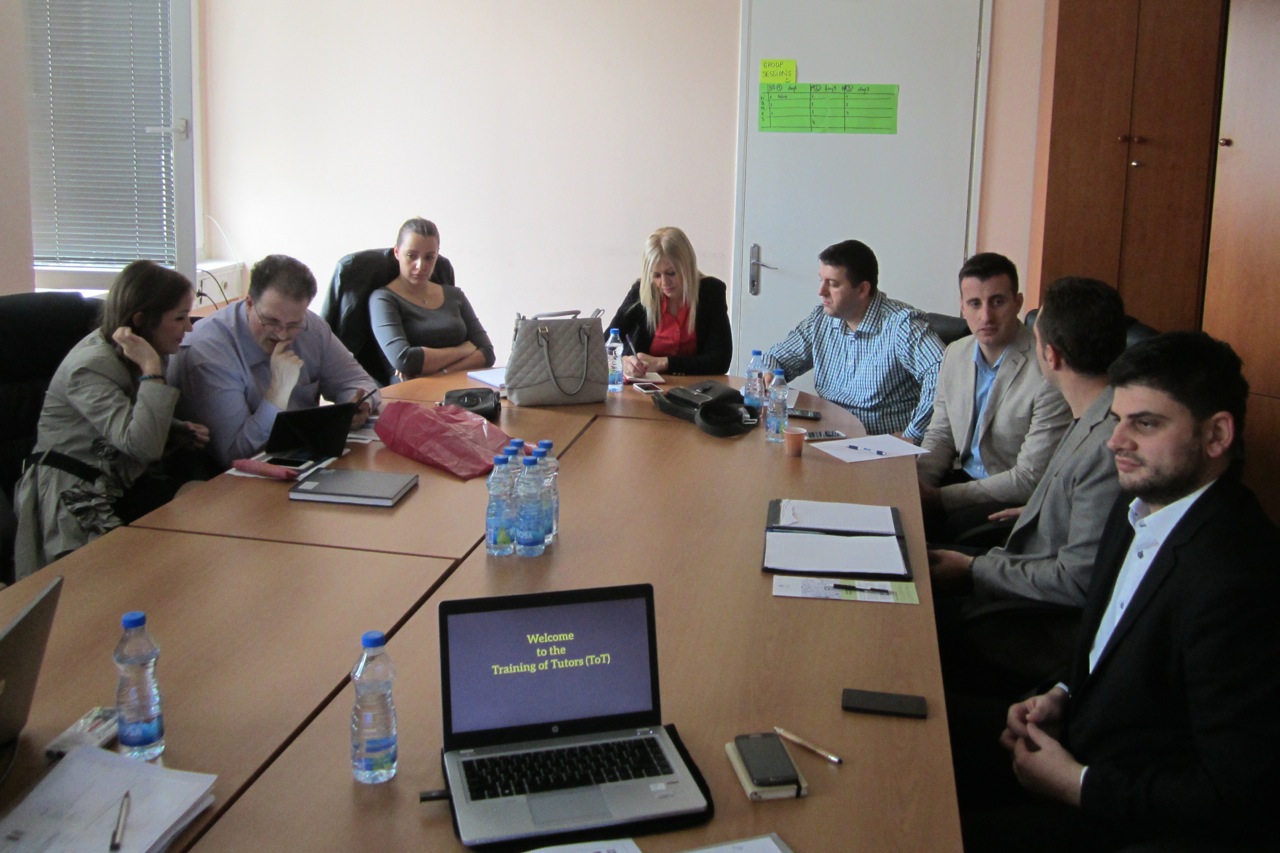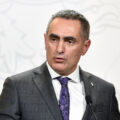
Programme support for Montenegro
Slovakia has gained a solid reputation in Montenegro by supporting the country in the process of gaining its state sovereignty. In the context of Slovak development cooperation efforts, Montenegro was assigned a priority country status in the national ODA strategy in 2009. Montenegro is no longer explicitly defined as a priority country in the current strategy, but the Western Balkans is included among priority territories
In Montenegro, we focus on enhancing the efficiency, transparency, and accountability of public finance management (PFM). Several projects also aim to engage private sector in development cooperation. Montenegro has been a programme partner country since 2010.
PUBLIC FINANCE
Within the initial comprehensive support from Slovakia, the Ministry of Finance of Montenegro received assistance in enhancing the accounting and reporting systems within the public sector. Later, additional areas of support were introduced, including increasing gambling revenues, strengthening the effective management of public finances at the local level, improving macroeconomic and fiscal forecasts, and managing public debt.
Our current efforts focus on:
- Providing support for Montenegro’s PFM reforms – we address key issues in public accounting reform, local government finances, and revenue collection mechanisms.
- Tackling the informal economy – this will foster a more transparent and competitive business environment, improve tax collection, and promote fair competition.
- Preparing Montenegro’s financial systems for the future – we do so by leveraging innovative financing solutions, including fintech, to promote green, inclusive, and digital transformations.
Key achievements

PRIVATE SECTOR ENGAGEMENT
In Montenegro, we focus on improving waste management, which is currently one of the country’s most pressing challenges. The issues include a lack of proper landfills, many of which do not meet ecological standards, as well as a minimal and inefficient recycling system, particularly for waste such as tires, electronic waste, and construction debris. The project we support, ReWaste: Reducing Waste and Reassessing Waste Management in Montenegro, aims to improve this system by promoting the implementation of extended producer responsibility (EPR) for the aforementioned waste. These changes are also mandated by the European Commission as part of the country’s EU accession process. The project seeks to establish new processes to integrate waste generation, collection, and disposal, increase waste separation at the source, and enhance recycling rates. Additionally, the goal is to encourage a shift in behavior among citizens and businesses.
Between 2020 and 2024, several projects aimed at engaging the private sector have been implemented in Montenegro through the Resource Mobilization Facility (RMF). This fund was created to assist with pre-investment studies, including feasibility studies, sector analyses, financing models, and other preparatory work for future investment projects under the UNDP national offices. Projects supported within RMF focused mainly on decarbonization, energy efficiency or the use of solar energy. Click below for details of the projects implemented in Montenegro.





